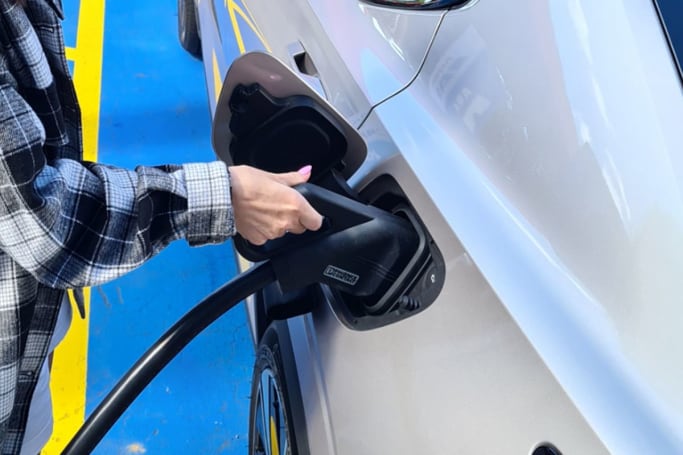
Leasing a car in Australia: Who, what, when, where, why and how!
Buying a car outright - a new car, no less - has long sat just below the...
Browse over 9,000 car reviews

How much fuel can you claim on tax without receipts?
Providing you use your car for work, you can claim up to $4250 worth of fuel on your annual tax return without receipts for the 2023-24 financial year.
That’s a healthy tax break, particularly at a time when fuel prices, like everything else from blueberries to bananas, is getting more and more expensive.
But before you start rubbing your hands together in glee, there are some important rules you need to follow when claiming fuel on your tax return.
Yes, surprise, tax returns can be tricky.
Fuel falls under ‘work related deductions’ on your tax return. And like all tax deductions, any fuel costs must adhere to three ‘golden rules’:
This means you can claim fuel for work-related journeys. Obviously this is a boon for couriers and delivery drivers, but you might use your car for work more than you realise.
A journey to meet clients, travelling from one work site to another, ducking out to pick up work supplies: these are all tax deductible.
Crucially, to claim fuel costs on tax your vehicle must be a car (not a motorcycle or truck) and you must own or lease the car. However, if you lease the car through salary sacrifice or a novated lease, you cannot claim fuel costs.
Yes, you at the back, KEEP UP!

No, sadly. If you have a long commute, chances are your wallet is beginning to water at the prospect of claiming your fuel costs, but while driving to work does provide you the opportunity to earn income, the tax office classifies this journey as ‘private’.
There are some exceptions to this rule. If you have two jobs and are driving from one work place to another, that journey can be deducted.
Travel that involves carrying heavy tools or bulky items that are essential to your job can also be claimed. That means you, tradies. That doesn’t mean you, however, office workers, so stop dreaming up ideas to lug your ‘essential’ coffee machine to work each day.

There are two main ways you can claim fuel on your tax return. Only one method, however, doesn’t require receipts. This approach is known as the ‘cents per km method’ and is calculated on a flat rate per kilometre travelled for work.
For the 2023-24 financial year, that flat rate is $0.85. This rate changes slightly depending on the financial year you are claiming for. In 2023-23 it was $0.78, while in 2020-21 and 2021-22 it was $0.72.
The tax office caps the amount of kilometres you can claim at 5000km. That’s how we reached the maximum claimable figure at the beginning of this story: 5000km x $0.85 = $4250.
As per the golden rules, you do need to keep records for the trips you are claiming but this doesn’t mean receipts. Instead, you can keep track of your work kilometres in a diary or the Australian Tax office (ATO) app. Sadly, yet unsurprisingly, recording them in your head won’t count.

The ‘cents per km method’ also covers other car expenses like vehicle depreciation, registration, insurance, maintenance and repairs.
The downside to this is you can’t then claim these expenses on their own. ‘No double dipping’ is tattooed on the forearms of all tax office employees, or so we’re told.
The other way to claim fuel on your tax return is to follow the ‘logbook method’. This is as straightforward as it sounds. You need to keep a logbook of all your work trips for at least 12 continuous weeks.
Your logbook is then valid for five years, however, you do need to keep receipts for all expenses incurred. This is how you would normally claim fuel on tax if you did have receipts. But really, who is that organised?
Yes, incredibly, yes. Just like a petrol car, you can claim ‘fuel’ costs by following the cents per km method. If you use the logbook method, you must keep receipts from charging stations and any specific vehicle charges at home.

The ATO website is the best place to visit if you’d like to find out more information or get help with claiming fuel on your tax without receipts.
Comments